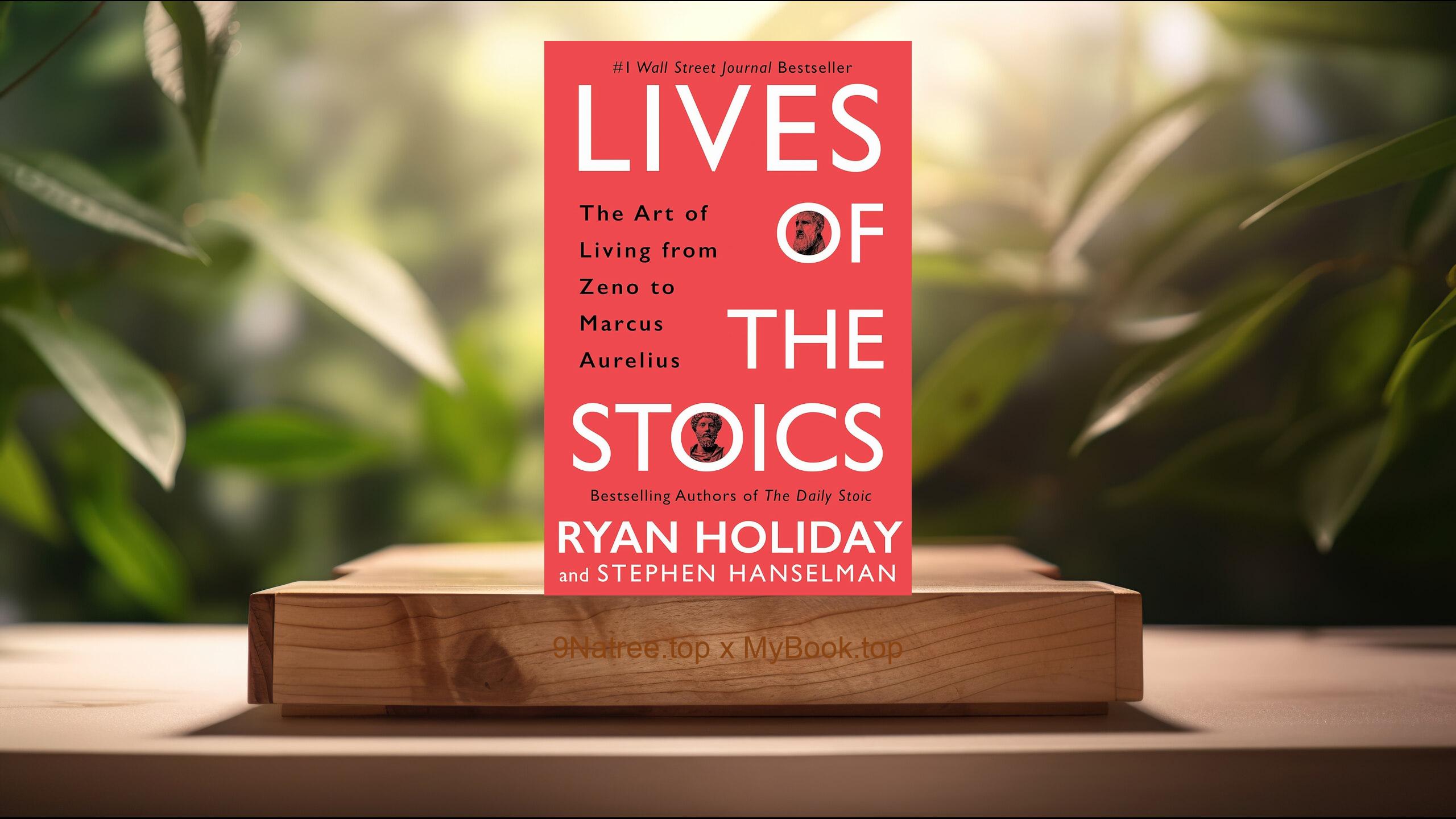Show Notes
- Amazon US Store: https://www.amazon.com/dp/B08VF32DXK?tag=9natree-20
- Amazon Worldwide Store: https://global.buys.trade/A-Hunter-Gatherer-s-Guide-to-the-21st-Century-Heather-Heying.html
- Apple Books: https://books.apple.com/us/audiobook/a-hunter-gatherers-guide-to-the-21st-century/id1579451153?itsct=books_box_link&itscg=30200&ls=1&at=1001l3bAw&ct=9natree
- eBay: https://www.ebay.com/sch/i.html?_nkw=A+Hunter+Gatherer+s+Guide+to+the+21st+Century+Heather+Heying+&mkcid=1&mkrid=711-53200-19255-0&siteid=0&campid=5339060787&customid=9natree&toolid=10001&mkevt=1
- Read more: https://mybook.top/read/B08VF32DXK/
#EvolutionaryBiology #ModernHealthChallenges #DietandEvolution #TechnologyandWellbeing #EducationalInnovation #AHunterGatherersGuidetothe21stCentury
These are takeaways from this book.
Firstly, Evolutionary Mismatch, One of the book's core concepts is the evolutionary mismatch - the idea that the rapid pace of modern technological and social change is vastly outstripping the slow pace of human evolution. As hunter-gatherers, humans were adapted to environments that are dramatically different from today's urbanized and digital landscapes. This mismatch affects various aspects of modern life, from the rising prevalence of chronic diseases like obesity and diabetes, linked to diets high in processed foods, to psychological stressors arising from social media and the constant barrage of information. The authors delve into how our brains and bodies, still tuned to Paleolithic challenges, often struggle to navigate the complexities of contemporary society, leading to widespread health and social issues.
Secondly, Diet and Health, The book scrutinizes the modern diet through an evolutionary lens, arguing that many health issues today can be traced back to a departure from the diets of our hunter-gatherer ancestors. The authors explore how processed foods, high in sugars and fats, starkly contrast with the lean meats, fruits, and vegetables that constituted the nomadic diet. They advocate for a more natural, unprocessed diet as a way to combat modern diseases and improve overall health. By examining various dietary habits and their effects on human biology, the book suggests that reverting to a diet which is more aligned with our evolutionary past could help mitigate the effects of the evolutionary mismatch on our health.
Thirdly, Social Structures and Governance, Heying and Weinstein explore how evolutionary principles apply to social structures and governance, suggesting that our ancestral nomadic groups offer valuable lessons for modern society. They argue that small, tight-knit communities in which individuals were closely connected with each other and their natural environment fostered a sense of responsibility and accountability often missing in today's large, impersonal societies. The book discusses the concept of 'scale' in the context of societal organization, advocating for governance structures that mimic the more human-sized, egalitarian systems of our ancestors. This perspective challenges the current trend toward globalization and centralization, positing that such structures are inherently unstable and disconnected from human evolutionary needs.
Fourthly, Technology and Human Evolution, The authors tackle the complex relationship between technology and human evolution, reflecting on how technological advances can both help and hinder our well-being. While technology has undoubtedly brought about significant benefits, such as improved healthcare and communication, it has also introduced new challenges, including digital addiction and loss of privacy. The book argues for a balanced approach to technology, one that harnesses its positive aspects while remaining mindful of our inherent biological needs and limitations. By understanding the evolutionary impacts of technology, society can better navigate the digital age in a way that supports human health and happiness.
Lastly, Education and Learning, Heying and Weinstein offer an evolutionary perspective on education and learning, critiquing the one-size-fits-all approach of contemporary educational systems. They propose that education should be more personalized and experiential, reflecting the diverse learning styles and interests of individual students. Drawing from our hunter-gatherer past, where learning was hands-on and directly related to survival and community living, they advocate for educational models that foster curiosity, creativity, and critical thinking, rather than rote memorization. This approach, they argue, is more in line with human’s evolutionary adaptations for learning and can lead to more meaningful and effective education.
![[Review] A Hunter-Gatherer's Guide to the 21st Century (Heather Heying) Summarized](https://episodes.castos.com/660078c6833215-59505987/images/1813636/c1a-085k3-25dp08mktqkg-nfcdik.jpg)




